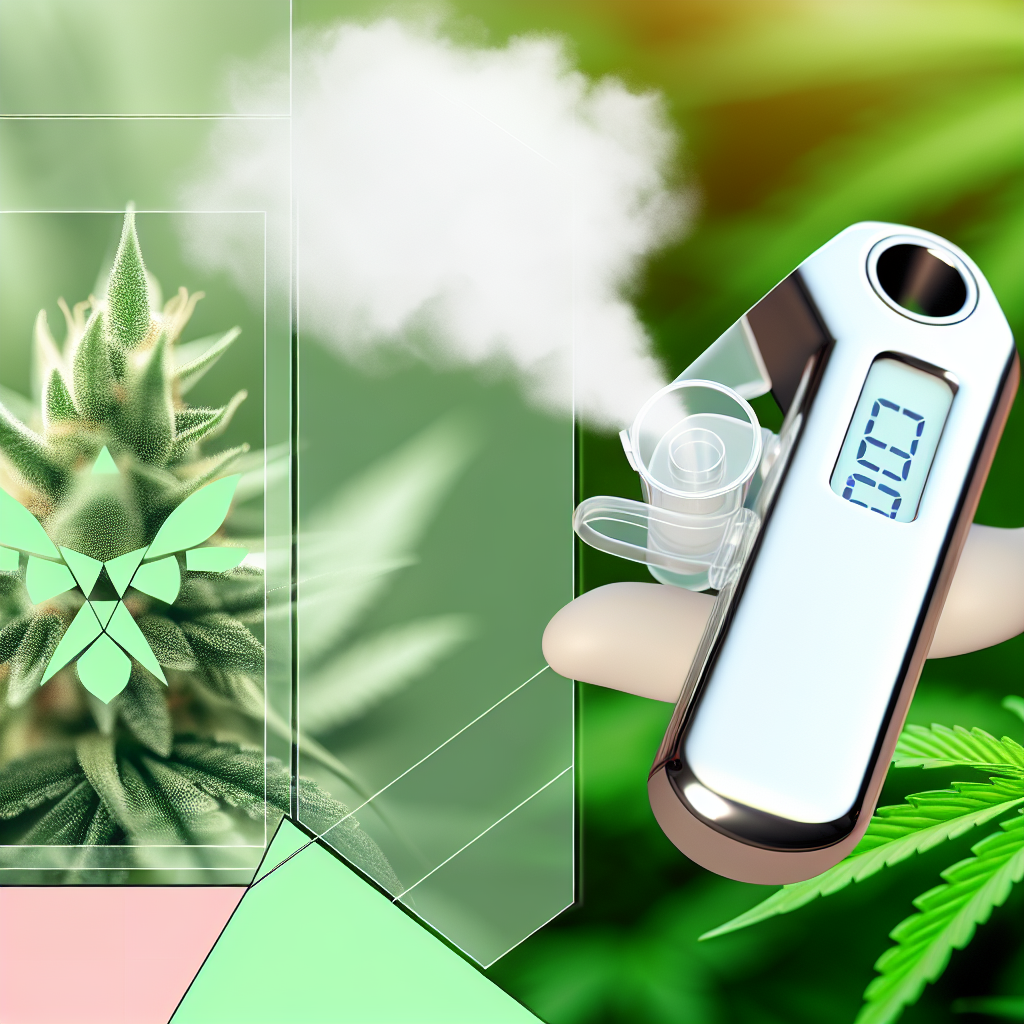The term “munchies” refers to the intense food cravings some people get after smoking marijuana. ‘Cannabinoid hyperphagia’ is the scientific term for the munchies.
There are several hypotheses about why people experience the munchies after smoking marijuana. THC, the hallucinogenic ingredient in marijuana, is thought to stimulate the endocannabinoid system. The endocannabinoid system has receptors that control many body activities, including hunger. THC can enhance appetite when it binds to these receptors.
Hunger Hormones
Another notion is that marijuana use can interfere with the body’s natural synthesis of hunger hormones. These hormones, such as ghrelin and leptin, aid in appetite regulation. When these hormones are thrown off, it might cause an increase in appetite. Finally, some people believe that the cravings are purely psychological. People who smoke marijuana may be more prone to focus on food and see food as more enticing. Desires can lead to an increase in food consumption.
Hunger Control
Whatever the reason, munchies are a regular occurrence for many marijuana users. If you have cravings after smoking marijuana, there are a few things you may do to control your hunger.
Eat healthy snacks instead of junk food: Instead of grabbing for junk food, try eating healthy snacks like fruits, veggies, and nuts.
Drink plenty of water: Thirst can sometimes be confused with appetite. Make an effort to drink plenty of water throughout the day.
Distract yourself: If you think about food, do something else to distract yourself, such as reading, listening to music, or going for a walk.
Consult your doctor: If you are worried about your appetite, consult your doctor. They can lead you in determining whether your increased appetite is due to an underlying medical problem. It is crucial to recognize that the munchies are not inherently hazardous. If you overeat or eat unhealthy foods after smoking marijuana, consult your doctor or a trained dietician. They advise you to develop a healthy eating plan that is appropriate for you.




